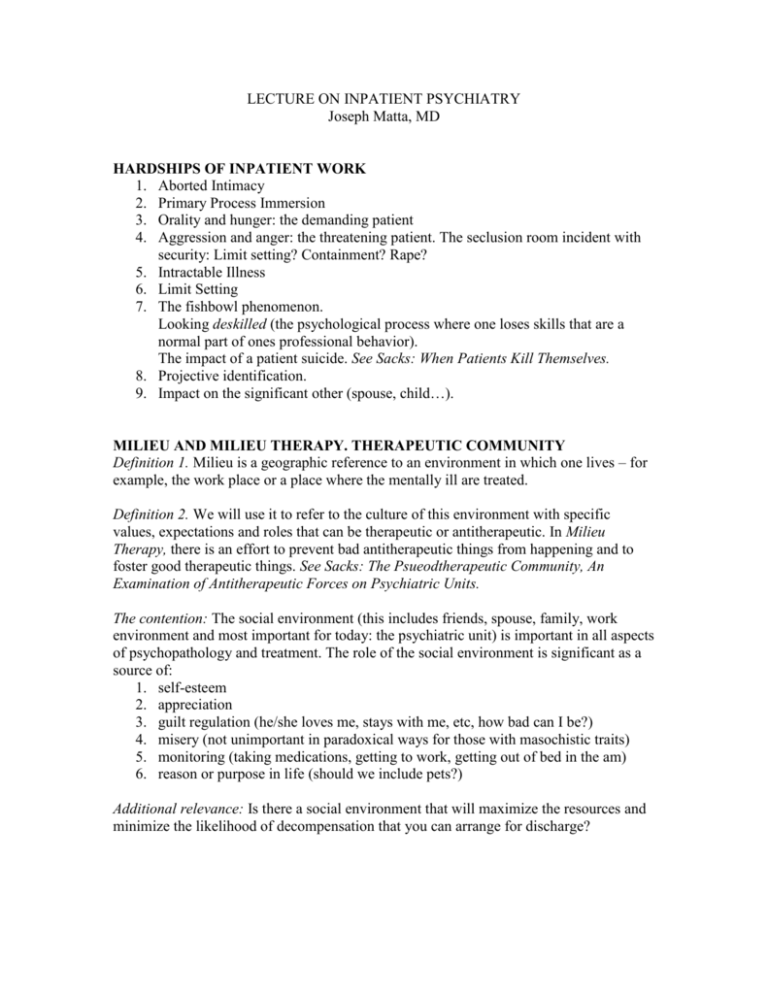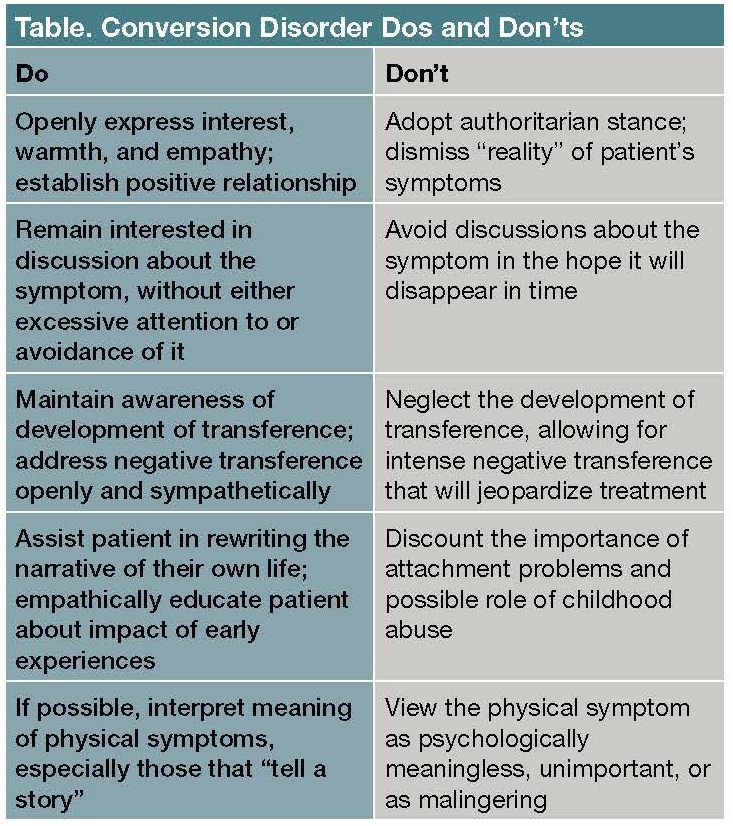Inability of the heart to maintain adequate circulation. When we reach the point of relapse or crises, there have usually been.

What Is Decompensation What Does Decompensation Mean Decompensation Meaning Explanation - Youtube
In psychiatry, the failure of defense mechanisms, which results in progressive personality disintegration.

Decompensation mental health definition. Consequently, he is not really interested in the lives, emotions, needs, preferences, and hopes of people around him.even his nearest and dearest are, to him, mere instruments of gratification. Any failure of homeostatic mechanisms. It can imply a break with reality and most often occurs after the fact, once the danger has been averted.
Decompensation is the psychological term used when a person is showing signs of deterioration regarding their daily functioning such as working, doing housework, attending to their obligations and responsibilities and personal care. Inability of the heart to maintain adequate circulation; The breakdown of our defense mechanisms that result in a worsening of psychiatric symptoms.
They require his undivided attention only when they. This may be accompanied by compromised functioning in one's various life roles (eg interpersonal relational, employee, student, etc). Decompensation is a clinical term used to describe a mentally ill individual’s state of mental health when he or she was previously managing the illness well but suffered a downturn at a certain stage.
It affects how we think, feel, and act. Decompensation is when someone with a mental illness, who was maintaining their mental illness well, starts to worsen. It is the ability to think, learn, and understand one's emotions and the reactions of others.
Inability to perceive changes in one’s own feelings, behavior or personality (”lack of insight” or anosognosia) overuse of substances like alcohol or drugs. In psychology, decompensation refers to when an individual's usual coping mechanisms are not working anymore, which increases. Decompensation, is what happens when your usual ways of coping are no longer working, and your symptoms worsen, indicating a decline in your mental wellness.
These periods of deterioration, regardless of cause, are called “episodes of decompensation” and are referred to in the social security disability impairment listings found in the blue book. Your mental state deteriorates and your ability to function is negatively affected. It is marked by dyspnea, venous engorgement, cyanosis, and edema.
Decompensation and mental illness go hand in hand. Mental health is a state of balance, both within and with the environment. That stage is considered a decompensation or decline in overall condition.
Indifference and decompensation (as forms of narcissistic aggression) the narcissist lacks empathy. Decompensation means that when a person is stressed out, he withdraws from the situation. The inability to maintain defense mechanisms in response to stress, resulting in personality disturbance or psychologica.
In psychiatry, decompensation is the deterioration of mental health in a patient with previously well managed psychological problems, leading to a diminished ability to think and carry on daily activities. Decompensation or episodes of deterioration are quite common with mental illness. Multiple physical ailments without obvious causes (such as headaches, stomach aches, vague and ongoing “aches and pains”) thinking about suicide.
In decompensation, the person loses control even when he is trying to be on his best behavior. Loss of physiological or psychological compensation especially : Signs that decompensation is occurring are a worsening of symptoms, inability to cope with stress and change, and difficulty with normal life situations like social situations and financial issues.
In general, decompensation refers to worsening medical and/or mental health status. It also helps determine how we handle stress, relate to others, and make choices. It is more than the absence of a mental disorder;
Crippling panic attacks are a common example, but decompensation symptoms vary for different mental disorders. In psychoanalysis it refers particularly to the failure of the defence mechanisms and subsequent worsening of symptoms. Mental decompensation is therefore a breakdown of the psychic balance in a person following an emotional crisis, traumatic event, etc.
Mental health is important at every stage of life, from childhood and adolescence through adulthood.
2

Pdf Schizophrenic Psychosis And Crime Prevention An Intervention Project

Chapter 1 Foundations Of Psychiatric-mental Health Nursing - Ppt Download

Serious Mental Illness Cooccurring Substance Abuse Disorders Stephen
Jail Is Largest Psychiatric Facility In Sonoma County
What Are The Signs Your Mental Health Is Decompensating Lies In Disguise
2

Unanticipated Death After Discharge Home From The Emergency Department - Annals Of Emergency Medicine

Supervising Offenders And Defendants With Mental Health Disorders
2

Cognitive Function In Patients With Decompensated Heart Failure The Cognitive Impairment In Heart Failure Cogimpairhf Study - Kindermann - 2012 - European Journal Of Heart Failure - Wiley Online Library

Quality Of Heart Failure Care In The Intensive Care Unit - Sciencedirect

Decompensation And Ssdi Evaluations - Hill Ponton Pa

Lecture On Inpatient Psychiatry

On The Psychoanalytic Treatment Of Conversion Disorder

Czn2vmz2gsf7pm

Pdf Medical Mimics Differential Diagnostic Considerations For Psychiatric Symptoms

Episodes Of Decompensation Social Security Disability Definition Social Security Disability Fibromyalgia Awareness Fibromyalgia

Pdf Community Emergency Psychiatric Service In Israel A One-year Experience